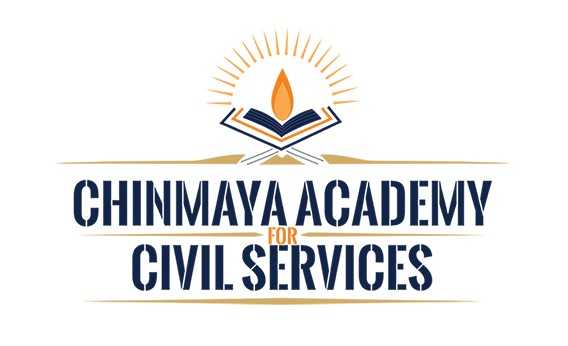Recognized as one of the 22 official languages of India, Gujarati is listed in the eighth schedule of the Constitution. Gujarati Literature is an essential aspect of India’s cultural heritage and has a rich history of literature, including poetry, prose, and drama. Gujarati Literature is an optional subject in the UPSC Civil Services examination and is widely used in the Indian states of Gujarat and Maharashtra.
This optional subject can be beneficial for candidates who are interested in India’s regional languages and culture. The syllabus covers topics such as the history of Gujarati Literature, literary genres, literary criticism, and the works of prominent Gujarati writers. Candidates interested in taking the Gujarati literature optional should familiarize themselves with the syllabus.
This subject consists of two parts, Paper-I and Paper-II. Aspirants with a strong command of the Gujarati language are encouraged to choose this option. The syllabus for the UPSC Mains exam is concise and clearly defined. Please refer to the linked article to learn more about the syllabus and booklist for other optional subjects. In the UPSC Mains exam, Gujarati literature is worth 500 marks, divided into two papers of 250 marks each.
Gujarati PAPER I
(Answers must be written in Gujarati)
Section A
Gujarati Language : Form and History
1. History of Gujarati Language with special reference to New Indo-Aryan i.e. last one thousand years
2. Significant features of the Gujarati language : phonology, morphology and syntax.
3. Major dialects : Surti, pattani, charotari and Saurashtri.
History of Gujarati literature
Medieval :
4. Jaina tradition
5. Bhakti tradition : Sagun and Nirgun (Jnanmargi)
6. Non-sectarian tradition (Laukik parampara)
Modern :
7. Sudharak yug
8. Pandit yug
9. Gandhi yug
10. Anu-Gandhi yug
11. Adhunik yug
Section B
Literary Forms :
(Salient features, history and development of the following literary forms
(a) Medieval
1. Narratives : Rasa, Akhyan and Padyavarta
2. Lyrical: Pada
(b) Folk
3. Bhavai
(c) Modern
4. Fiction : Novel and Short Story
5. Drama
6. Literary Essay
7. Lyrical Poetry
(d) Criticism
8. History of theoretical Gujarati criticism
9. Recent research in folk tradition.
PAPER II
(Answers must be written in Gujarati)
The paper will require first-hand reading of the texts prescribed and will be designed to test the critical ability of the candidate.
Section A
1. Medieval
(i) Vasantvilas phagu—AJNATKRUT
(ii) Kadambari—BHALAN
(iii) Sudamacharitra—PREMANAND
(iv) Chandrachandravatini varta—SHAMAL
(v) Akhegeeta—AKHO
2. Sudharakyug & Pandityug
(vi) Mari Hakikat—NARMADASHA
(vii) Farbasveerah—DALPATRAM
(viii) Saraswatichandra-Part 1—GOVARDHANRAM TRIPATHI
(ix) Purvalap—‘KANT’ (MANISHANKAR RATNAJI BHATT)
(x) Raino Parvat—RAMANBHAI NEELKANTH
Section B
1. Gandhiyug & Anu Gandhiyug
(i) Hind Swaraj—MOHANDAS KARAMCHAND GANDHI
(ii) Patanni Prabhuta—KANHAIYALAL MUNSHI
(iii) Kavyani Shakti—RAMNARAYAN VISHWANATH PATHAK
(iv) Saurashtrani Rasdhar-Part 1—ZAVERCHAND MEGHANI
(v) Manvini Bhavai—PANNALAL PATEL
(vi) Dhvani—RAJENDRA SHAH
2. Adhunik yug
(vii) Saptapadi—UMASHANKAR JOSHI
(viii) Janantike—SURESH JOSHI
(ix) Ashwatthama—SITANSHU YASHASCHANDRA.


